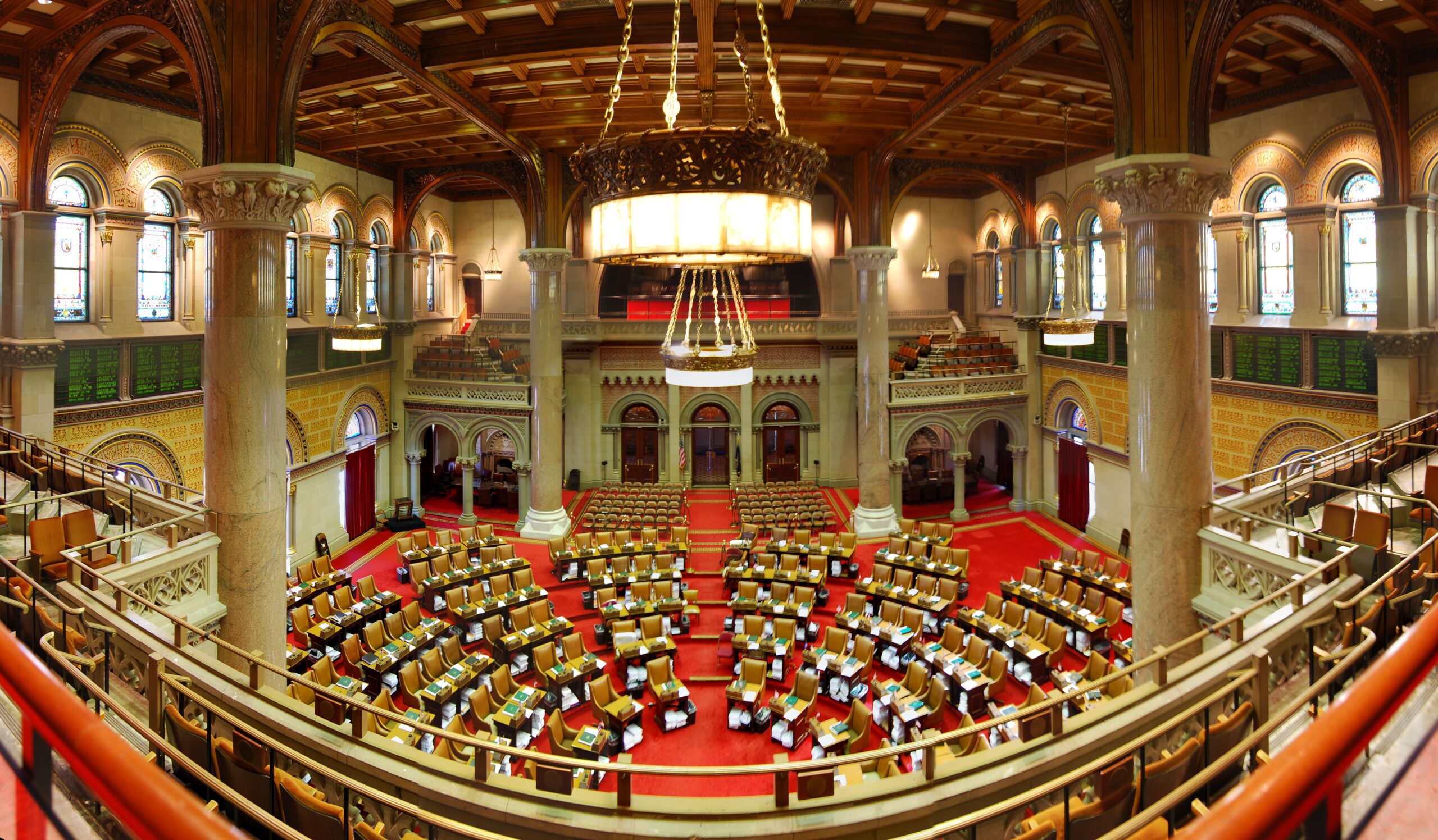New York Lawmakers Consider Raising Minimum Gambling Age

New York lawmakers are once again considering a proposal that would raise the minimum gambling age at certain state-approved facilities from 18 to 21. This effort, led by state Sen. Joseph Addabbo Jr., aims to align the age requirement for video lottery terminals (VLTs) with the state’s commercial casinos, where players must already be 21 to participate in slots and table games.
The latest push comes as Addabbo reintroduces Senate Bill 2610, a measure that has struggled to gain traction in past legislative sessions. However, this time around, the situation could be different. Later this year, two of the state’s largest VLT locations—Aqueduct Racetrack in Queens and Yonkers Raceway—could be granted full casino licenses.
If that happens, those facilities would transition from offering VLTs to traditional slot machines, effectively raising the minimum gambling age at those locations to 21 without requiring legislative action.
The senator, who chairs the Senate Committee on Racing, Gaming, and Wagering, has long argued that the state should maintain consistency in its gambling regulations. He has pointed out that allowing 18-year-olds to play VLTs while requiring casino players to be 21 sends a mixed message. He has also raised concerns about the accessibility of VLT facilities to young adults, particularly at Aqueduct, which is located near a high school.
Despite the renewed discussion, the proposal still faces challenges. Tribal casinos in New York operate under different regulations, meaning that venues like Turning Stone Resort Casino in upstate New York could continue allowing 18-year-olds to gamble.
Additionally, the bill does not address other forms of gambling that are already available to those 18 and older, such as lottery ticket purchases and horse race betting.
New York is not alone in grappling with age restrictions on gambling. States across the country have different policies, often based on the type of gambling involved. While most states require individuals to be at least 21 to place sports bets, a few, including New Hampshire, Kentucky, and Wyoming, allow those as young as 18 to wager.
In contrast, some states have stricter policies for certain forms of gambling—Arizona and Louisiana, for example, require players to be 21 to buy lottery tickets.
Another bill Addabbo continues to push is the legalization of online casino gaming, known as iGaming. He believes that the success of neighboring New Jersey’s online gambling market presents a strong case for New York to follow suit.
In 2024, New Jersey generated over $550 million in taxes from online casino play and sports betting, with online casino gaming accounting for the majority of that revenue. With a larger population, New York could potentially collect nearly $1 billion annually if it legalizes iGaming.
The debate over both issues is expected to intensify in the coming months, especially as state leaders work on the budget. With New York facing a potential deficit in the billions, some lawmakers may become more receptive to new revenue sources like online gambling. Addabbo has acknowledged the challenges but remains hopeful that the shifting financial landscape will bring more support for his proposals.
- Other news categories:
- SlotsUp's news





